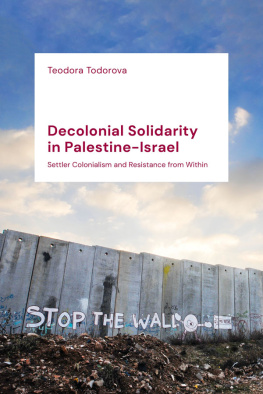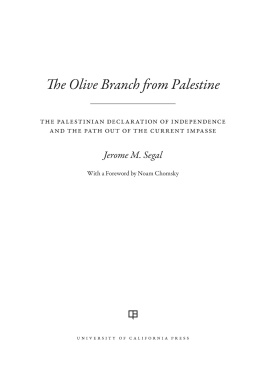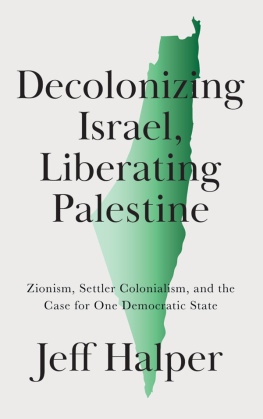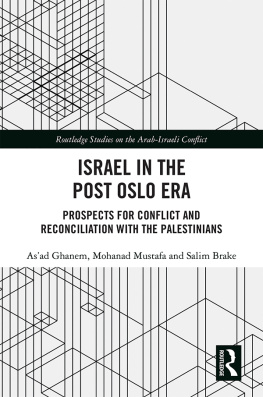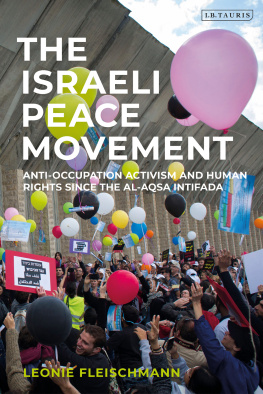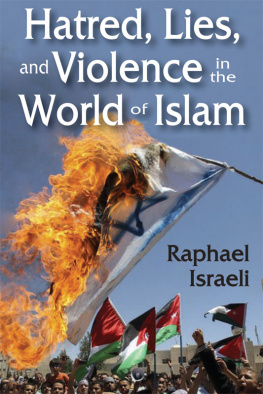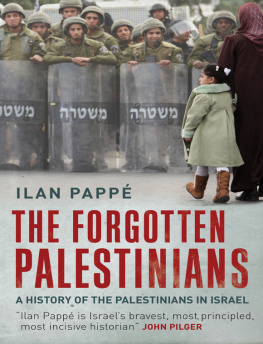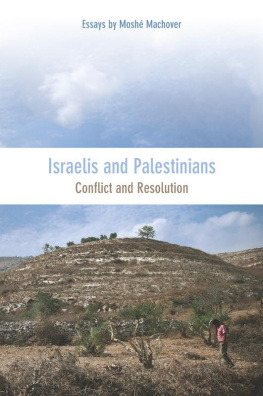For the ).
The application of the settler-colonial label to sociopolitical relations in Palestine-Israel remains hotly contested least of all because Zionist settlement remains premised on the mythology indigenous population. This collective differentiation presupposes racial thinking with race functioning as a classificatory concept.
In the context of Palestine-Israel focusing on what race does means exploring how ) on the racializing process in settler-colonial pre-apartheid South Africa).
As the invisible Jewish majority population, the Mizrahim have historically played a vital role in consolidating the Zionist settler-colonial project in Palestine, by replacing Palestinian indigenous labour in the immediate aftermath of the : 4889) argues:
Mizrahim are simultaneously both victims and perpetuators of Zionism. They are simultaneously racialised not only as inferior Arabs but also as superior Jews. The latter is no less significant than the former Mizrahi mobilization and activism is thus about undermining an Ashkenazi hegemony not a Zionist one. It is a struggle to expand the category of Jewish entitlement to ensure Mizrahi Jews are as privileged as Ashkenazi Jews.
The transformation of decolonial solidarity between the colonized and racialized settlers.
This is not, of course, the only context in which it has been noted that struggles for assimilation and civil rights by non-white and racialized migrant communities have remained within the settler-colonial logic of the elimination of indigenous sovereignty, consequently leaving the legitimacy and viability of settler-colonial structures intact and even reinforced (see Day 2015; Estes a, 2016b) cautions against nave calls for solidarity which assume a natural affinity between differently racialized populations. For this very reason he insists on recuperating the discomforting binary of Native/settler as
the existence of major differentiations within settler (and, for that matter, within Native) societies does not alter the binary nature of the Native/settler divide. The respective differentiations are of different orders. In this connection, it is important not to be misled by voluntarism. The opposition between Native and settler is a structural relationship rather than an effect of the will. The fact that enslaved people, for example, were forcibly transported against their will does not alter the structural fact that their presence, however, involuntary, was part of the process of Native dispossession. White convicts also came against their will. Does this mean that their descendants are not settlers? (Wolfe : 2)
His conclusion being a resounding no. In the context of Palestine-Israel, the involuntary arrival, in some cases, as well as a history of exploitation and racist discrimination by the European settlers, does not exclude the Mizrahim from the category of settler. Neither does this history of discrimination absolve them of complicity in the ongoing dispossession of the indigenous ; United Nations: The Question of Palestine 2018). All of the above being references to the consequences of the latest legal and policy measures which come on the back of over seventy years of dispossession, ethnic cleansing and the denial of indigenous sovereignty.
In light of these injustices, the objective of this book is to contribute to the ongoing conversation about settler colonialism in Palestine-Israel and its possible decolonization by critically examining the discursive and material processes underpinning the emergence and evolution of decolonial solidarity among a section of critical Jewish-Israelis. The monograph draws on the embodied activism and reflexive thought (or the praxis) of three critical Israeli groups: Zochrot, Anarchists Against the Wall and the Israeli Committee Against House Demolitions (ICAHD). The concept critical here refers to those individuals and organizations who acknowledge that the Jewish-Israeli side is the dominant and stronger one in the conflict, leading to a rejection of uncritical militarist and pro-state approaches and a declaration that any discussion about potential solutions to the conflict can only progress by addressing and incorporating the Palestinian narrative.
Critical Israeli decolonial praxis.
Undeniably much of this joint Palestinian-Israeli critical decolonial activism is fraught with tensions and contradictions. For a start, as numerous settler-colonial order.
Israels contemporary majoritarian nationalist politics are unapologetically committed to the settler-colonial project in Palestine-Israel. Within this framework, Ashkenazi-dominated critical activism can be dismissed as unrepresentative and, on the extreme end, as a betrayal of working-class Jewish-Israeli interests. On the Palestinian side, joint decolonial ventures are also a minoritarian effort, with a deeply stratified colonized landscape and long-standing political divisions which have resulted in a political stalemate. Critical race-class-gender conscious analysis and a political commitment to radical and decolonial intersectional politics are necessary to at least attempt to grapple with the obstacles and opportunities for deracializing and decolonizing Palestine-Israel. Although Palestinian-Ashkenazi joint decolonial activist efforts are riven with tension and contradiction, and given their structural marginality are possibly ultimately doomed to failure, they do offer some partial answers to the question of decolonization. Studying them is therefore both relevant and necessary.
Decolonizing Palestine-Israel
In recent years, critical Israeli voices have converged with Palestinian calls for decolonization and democratization.
Within critical ).
Despite the growing shift to a decolonial framing, accepting the label of colonizers has been difficult for many critical ).
This book draws on the work of enslaved Africans in the United States or contemporary immigrants (Veracini 2010: 312).
Thus, while most Israelis do not see themselves as settler colonists, particularly in the case of Mizrahi migrants who arrived in the 1950s after the establishment of the state or the more recent emigres from Eastern Europe and elsewhere, Israel as a nation-state project nonetheless bares the hallmarks of a settler-colonial enterprise. This is particularly evident in state narratives that are dominated by disavowal, one of the key characteristics of settler psychology. This includes the disavowal of any responsibility or complicity in colonialism in Israels case colonialism is something associated with the British Empire, not Jewish settlers; denial of any founding violence against ).
Disavowal is further coupled with an emphasis on settler struggle, and outstanding contribution to the land, together with an appropriation of authentic indigeneity return to the promised land, making the desert bloom and/or a land without a people, for a people without a land (see Piterberg
Ongoing settler colonization is not only strikingly evident in the geopolitical policies and practices of the Israeli state and its bureaucracy, particularly in the West Bank, but also in Israel within its 1948 borders. An example of the latter is the official and unofficial Judaization planning and resettlement policies in force in the Galilee since the 1980s, and the ongoing expulsions of the Judea and Samaria, as the Israeli government officially refers to the territory of the West Bank in its internal communication and military orders, are alleged disputed territory, that is, the Palestinians claim it is land for their future state, but Israel also claims it as her sovereign territory.

